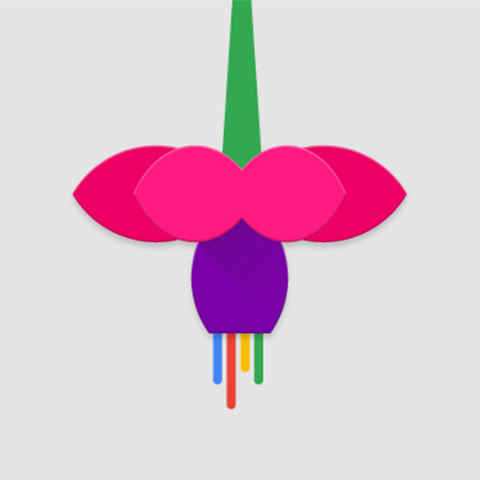Google debuts Fuchsia OS developer portal
Google has made the official Fuchsia OS website live now.
The website is Fuchsia.dev
Fuchsia OS is different from any other operating system available right now.

Up until the Google I/O 2019 we knew next to nothing about the Fuchsia OS. First appearing on GitHub three years ago, theories sprang about Google developing a replacement for Android or Chrome OS. While this is far from the truth, reading the code of Fuchsia hinted at an OS that could run on multiple platforms. The same was later confirmed by Hiroshi Lockheimer, Senior Vice President of Android and Chrome, at Google I/O 2019. Now, Google has quietly launched the official Fuchsia OS website for the developers.
 Survey
SurveyFuchsia.dev was also made live after the Google I/O 2019 but no content was available on the website at that time. In contrast, the newly launched website isn’t the most visually appealing ones either but it contains a lot of documentation that is aimed at helping the developers to get started with the OS. However, it is nearly impossible for the developers to start creating Fuchsia apps currently, mainly because very few devices support the OS right now. The brief list includes Acer Switch Alpha 12, Google Pixelbook, and select generations of Intel NUC.
It is important to note that Fuchsia is not being developed to push Android or Chrome OS to the side (any time soon). Here’s a statement from Hiroshi Lockheimer to clear the air:
“We’re looking at what a new take on an operating system could be like. And so I know out there people are getting pretty excited saying, ‘Oh this is the new Android,’ or, ‘This is the new Chrome OS … Fuchsia is really not about that. Fuchsia is about just pushing the state of the art in terms of operating systems and things that we learn from Fuchsia we can incorporate into other products.”
Fuchsia OS is drastically different from any other operating system that is available right now as it has its own Kernel. It doesn’t run on Linux, instead, it runs on the all-new Zircon microkernel. The OS is really scalable suitable to be used on a range of devices including notebooks, smartphones, tablets, as well as embedded systems.
Developers will need to use Flutter to actually write the user interface and apps. The main advantage of Flutter is its cross-platform framework. What it means is that developers will be able to build apps for both iOS and Android using a single codebase. Moreover, Flutter can attain a smooth user interface at 120 fps.
While Fuchsia is still in its early phase of development, the site may indicate Google’s emphasis on the OS for future.
Digit NewsDesk
Digit News Desk writes news stories across a range of topics. Getting you news updates on the latest in the world of tech. View Full Profile